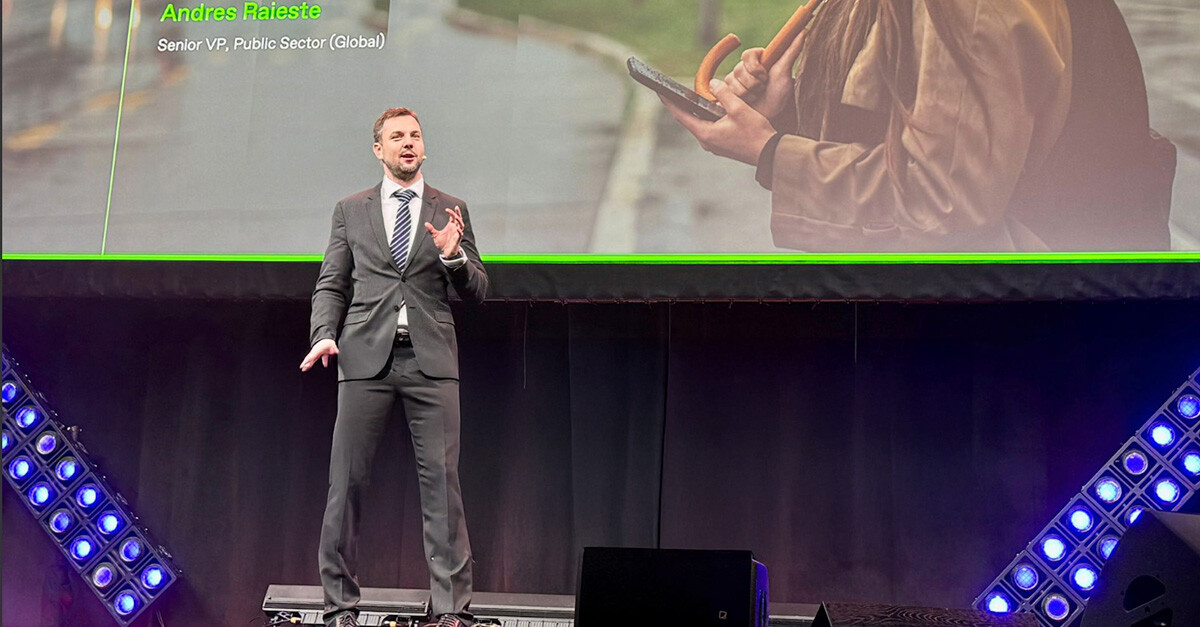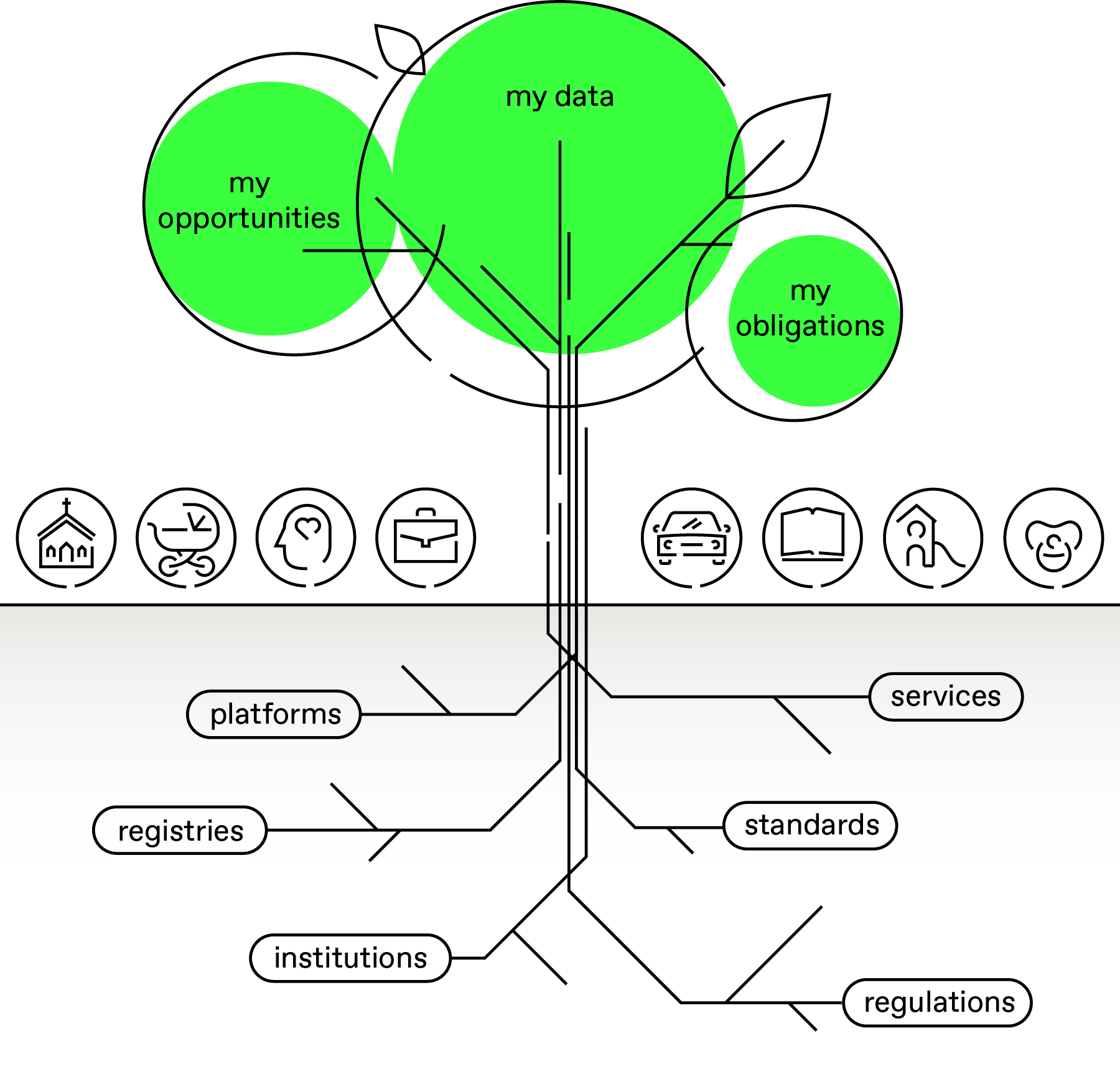Personal government: Digital's next step
Over several decades government systems have moved from analog to digital. We now stand on the brink of the post-digital era, where we have the opportunity to create a socially integrated, high-trust and sustainable society.
Webinar

Formula for creating trust in digital government
How Estonia built trust and transformed digital government?
Webinar

The future of tax administration
Learn how tax authorities will evolve from revenue collectors to trust-builders and economic enablers.
Webinar

The future of interoperability
With trust critical in digital public services, what’s the future of interoperability for global society as a whole?
e-Government
Digitization era
Enhanced traditional public services online. More efficient information processing.
Digital Government
Digital transformation era
End-to-end digital replacement of traditional public services. Whole-of-government approach to service delivery.
Personal Government
Post-digital era
Citizen-centric digital-first new type of services and capabilities. Whole-of-society approach to service delivery.
Personal Government ecosystem: The citizen sees only personalized opportunities and obligations
The citizen perceives the state only through personalized opportunities and obligations, all while having full control over personal data. Underneath all of this lies a foundation of advanced concepts, digital government infrastructure and services that make it all possible.

Digitally advanced societies are on their way towards personal government
Personal Government is part of a broader trend observed by organizations such as Gartner, the World Bank, and OECD, referring to the evolution from digital government to the post-digital government or GovTech era. It’s an era where citizens exert more control over their data and trust is built as we shift from a government focus to a citizen-centric approach, and modern platforms, including AI, when current methods fall short, foster innovation and enable smooth user experiences. In fact, Gartner predicts that by 2026, over 75% of governments will measure the success of digital transformation by its lasting impact on the mission.
Mihkel Solvak, PhD, Associate Professor, University of Tartu

Post-digital tax administration
What happens once tax administration goes digital? Is that all? In the future, tax authorities' role will shift from revenue collection to becoming entities that create trust and empower economies.
Get in touch
Let us offer you a new perspective.








